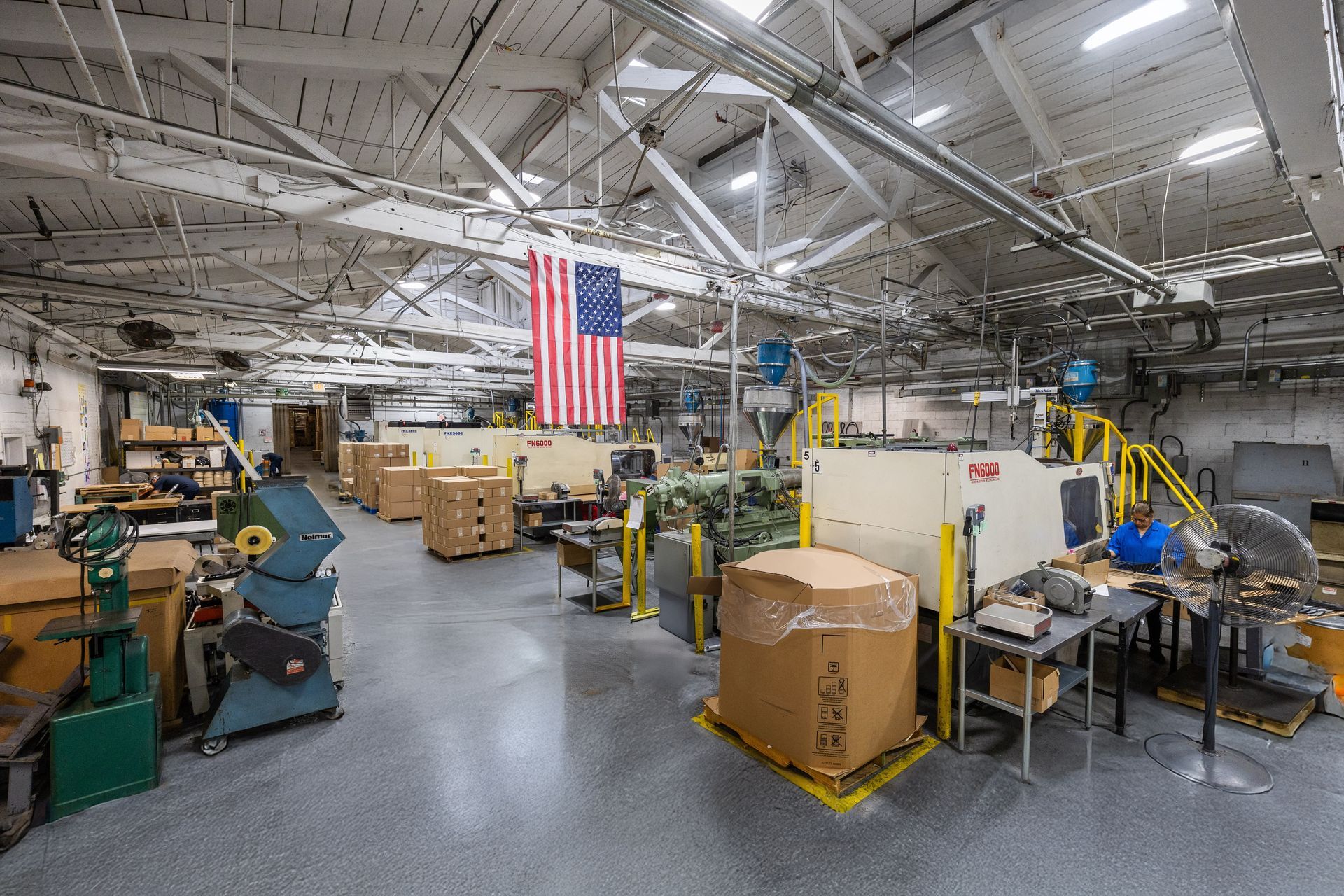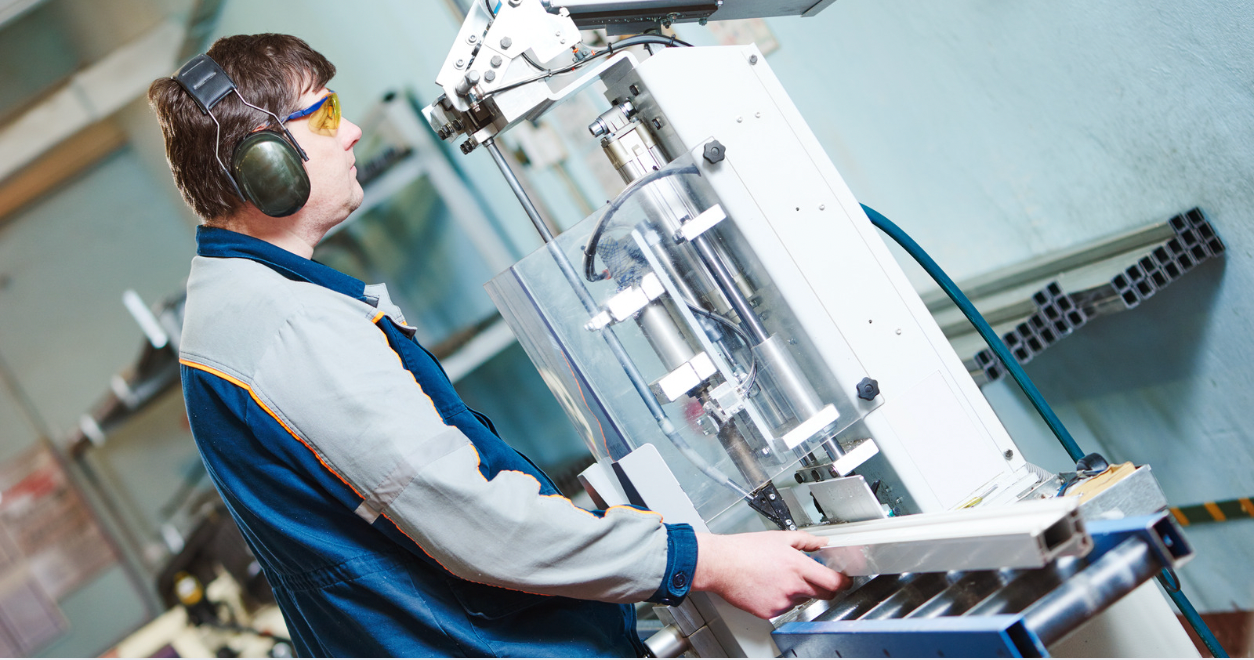How Non-Recyclable Plastics Are Converted to Energy
Have you ever heard the term "pyrolysis"? This word describes a process commonly used to turn non-recyclable plastic into multiple types of fuel and energy. If you've been curious about how we can benefit from the plastics that aren't recyclable, read on to learn more.
What Are Non-Recyclable Plastics?
Of course, non-recyclable plastics are ones which cannot easily be recycled due to their chemistry, production techniques, available technology, or due to excessive costs involved. In general, thermoplastics, plastics which can theoretically be melted, shaped and remelted indefinitely, are easily recycled. These include the familiar #1 and #2 plastics accepted by recycling facilities in most municipalities. Thermoset plastics, on the other hand, are those which do not soften or melt when reheated, and are very challenging or impossible to recycle. These thermoset plastics include vinyl, silicone, polyurethane, and epoxy.
How Are They Turned Into Energy?
Because they are made, in large part, of carbon and hydrogen, plastics can behave similarly to other hydrocarbon materials such as gasoline and heating oil. The pyrolysis process usually involves heating non-recyclable plastics in a low-oxygen environment, during which they generate solid, liquid, and gas to be used as fuels. Another pyrolysis technique involves superheating plastics until they vaporize, producing hydrogen (used as a synthetic natural gas, or syngas) which can be used as fuel to generate electricity and to run hydrogen-fueled cars. Innovations in the process involving cold plasma pyrolysis and plasma gasification are producing similar results more quickly and without the soot and other less-desirable byproducts that traditional pyrolysis techniques can generate. New techniques and applications for previously non-recyclable plastics are advancing every day, offering new ways to take advantage of some of our most common plastic materials.
At Bennett Plastics, we are committed to sustainability and support environmentally-friendly materials and practices whenever possible. Contact us to learn more about our sustainability initiatives and the recyclable and bio-based plastics we have to offer.
Recent Articles











